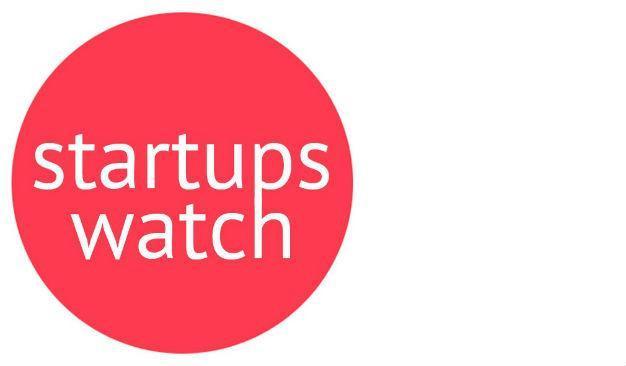Turkish startup investments shift to high-tech
ANKARA - Anadolu Agency

Investments in startups in Turkey this year have aimed more at high-tech companies with high-end products for business, experts have told Anadolu Agency.
“The Turkish startup scene is vibrant, but it is changing,” said Serkan Ünsal, an entrepreneur and investor who runs the Turkish portal Startups.Watch.
In the first half of 2015, investment increased by 50 percent, while the amount of total early-stage investments grew by more than 200 percent, Ünsal told Anadolu Agency.
The Turkish government offers a 75 percent tax deduction for this kind of investment, and that is helping to greatly increase investor interest, he added.
“But, today, more investment is shifting toward companies with high-tech products and services for businesses, and away from consumer services and e-commerce,” he said.
Ali Karabey, from the Istanbul investment firm 212 Capital Partners, said domestic investors were warming to the idea of high-tech firms.
“Venture capitalists in Turkey now have a better understanding of this type of company, which is likely to grow at a regular rate for a long time,” he said.
Typical of such companies is HotelRunner, which provides a platform to connect hotels of all sizes with reservation services and travel agencies, or Solvoyo, which offers supply-chain improvements using its own software.
“It is challenging for companies like ours to make our case to investors, but, in Turkey, they seem to be getting the idea better than they did before,” said Solvoyo’s chief operating officer, Nilufer Durak.
Durak is talking to venture capitalists about taking her company international. About 277 such companies have received funding this year in Turkey, according to Startups.Watch, out of about 400 in total which have received money from investors.
The hottest area is companies offering software and service platforms (SaaS), Ünsal said.
SaaS means that applications for users are hosted by others, either a vendor or third party, and made available to customers via the Internet.
“SaaS providers are getting a lot of attention in Turkey today,” Ünsal said, adding, “But also companies that offer services for business, and business software producers, are getting particular interest.”
About 50,000 companies of all types were started in Turkey in 2015, according to the Union of Chambers and Commodity Exchanges of Turkey (TOBB).
But only a fraction of these fit the description of startups, companies with innovative ideas that traditionally start out in an owner’s garage and grow to become a Google or Microsoft.
There have only been about 5,000 of these in Turkey since 2010, Ünsal said. Of these, only 277 have been funded so far this year, with a total of $39.9 million paid out in 2015 for Turkish high-tech startups.
“The number of companies is far too small - it should be closer to a thousand,” Karabey said.
 Investments in startups in Turkey this year have aimed more at high-tech companies with high-end products for business, experts have told Anadolu Agency.
Investments in startups in Turkey this year have aimed more at high-tech companies with high-end products for business, experts have told Anadolu Agency.